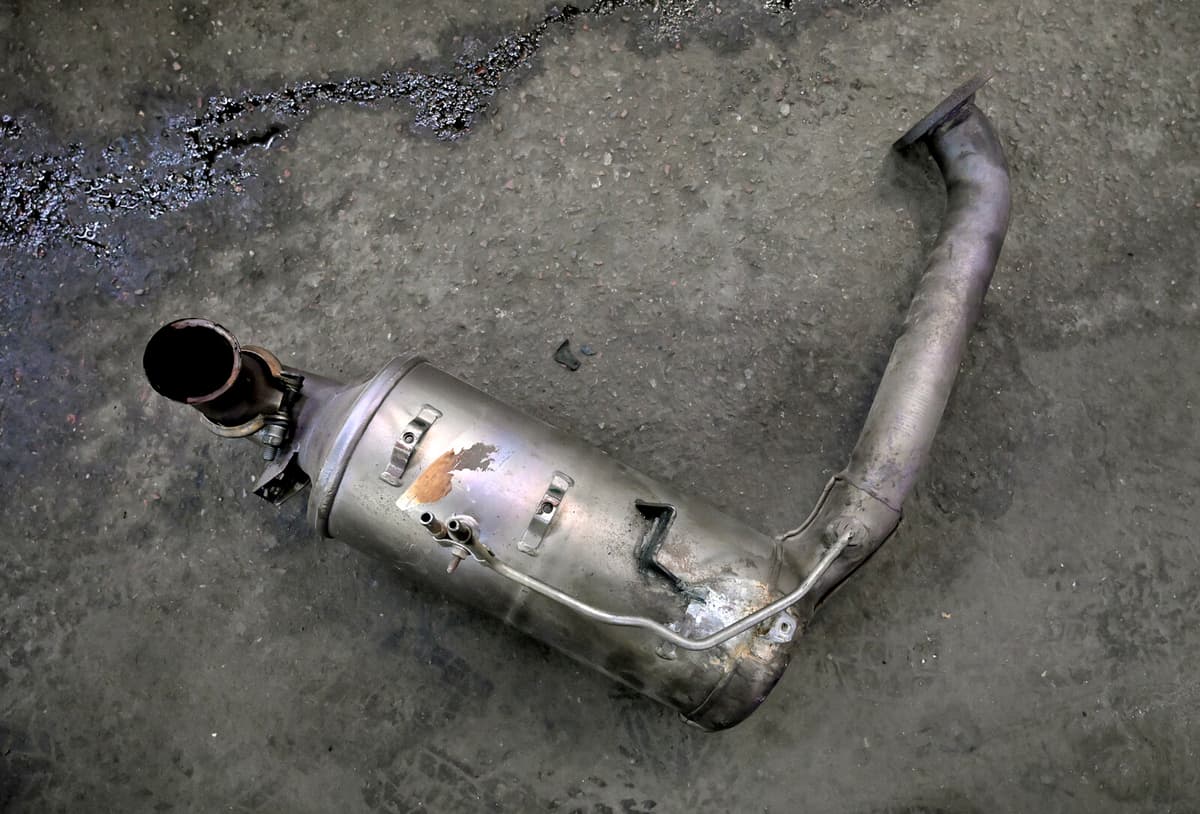113 people have, up to the end of March this year, been rejected from Sweden by the police because they pose a threat to public order and safety. The group also includes other groups besides thieves and gangs of thieves. Compared to the same period in 2024, it is a significant increase. For the whole of 2024, the figure was 29.
At the same time as the number of rejections increases, the number of thefts of car parts decreases.
They are rejected because they are engaged in this type of crime, says Ivansson.
He points out that there are several factors that affect both the number of rejections and the decreased thefts, but that the connection is clear.
This is a business. It is specialized individuals who work with this. Stolen car parts, for example, require a logistics chain.
Deepened cooperation
He sees two reasons for the police's success in the area: partly a clearer prioritization of crimes that affect many citizens, partly a clearer cooperation between different regions in the country.
It is clear that we have always talked to each other, but we have deepened the cooperation between regions and internationally.
A rejection does not require that a person is convicted of a crime, suspicion of a crime and not being able to show legitimate reasons for being in the country can be enough.
More rejections
Daniel Ivansson believes that the number of rejections will increase during the year.
We do not want to be an attractive country for this. The whole goal is that these networks will move on.
How is the work going on to prosecute those who are higher up in the hierarchy in these networks?
In step one, we have made the work more efficient at home and we think we have started an international cooperation. Our absolute goal is to find key cases where we can get to those who are behind, regardless of whether they are sitting in Sweden or abroad. There we can become better.
According to the Aliens Act, the police can decide to reject or expel an EEA citizen with reference to the person posing a threat to public order and safety.
The person does not need to be arrested or convicted of a crime in Sweden. It is enough that the person appears in the police's register and/or is suspected of repeated crime and cannot show legitimate reasons for staying in Sweden.
Similar rules apply to the rejection of non-EU citizens.
Source: The Police






